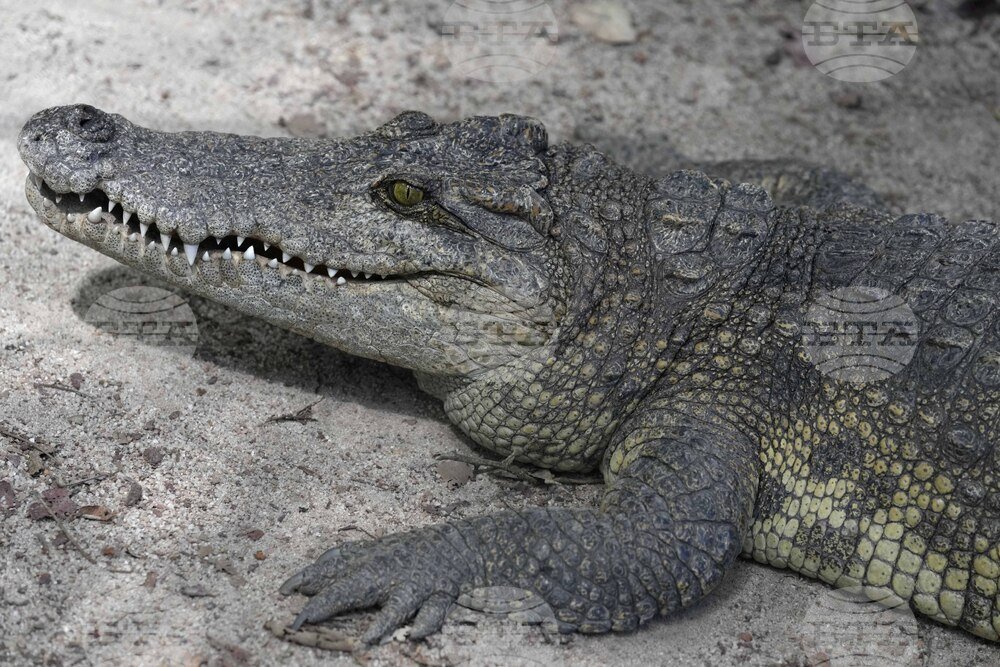
Paleontologists Uncover 70-Million-Year-Old Superpredator Fossil
Paleontologists have discovered a new species of predator related to the modern crocodile in southern Argentina, CE Report quotes BTA.
The well-preserved fossil was found by Argentine and Japanese paleontologists in southern Patagonia. It dates back about 70 million years to the end of the Cretaceous geological period.
The scientists uncovered “excellently preserved and connected skull and jaws,” as well as an almost complete skeleton, at a site about 30 kilometers southwest of the Argentine city of El Calafate, according to an article published Wednesday in the journal PLOS One.
The predator, named Kostensuchus atrox, reached a length of about 3.5 meters and weighed around 250 kilograms, the researchers say.
It had a broad, powerful jaw and large teeth that allowed it to pierce and cut through the flesh of large prey, according to the scientists.
They interpret the animal’s features as adaptations to hypercannibalism and suggest it “played the role of a superpredator in this late Cretaceous ecosystem.”
Kostensuchus atrox belongs to an extinct group of reptiles related to modern crocodiles and alligators. Researchers say it is the “latest” representative of this type of predator.
























